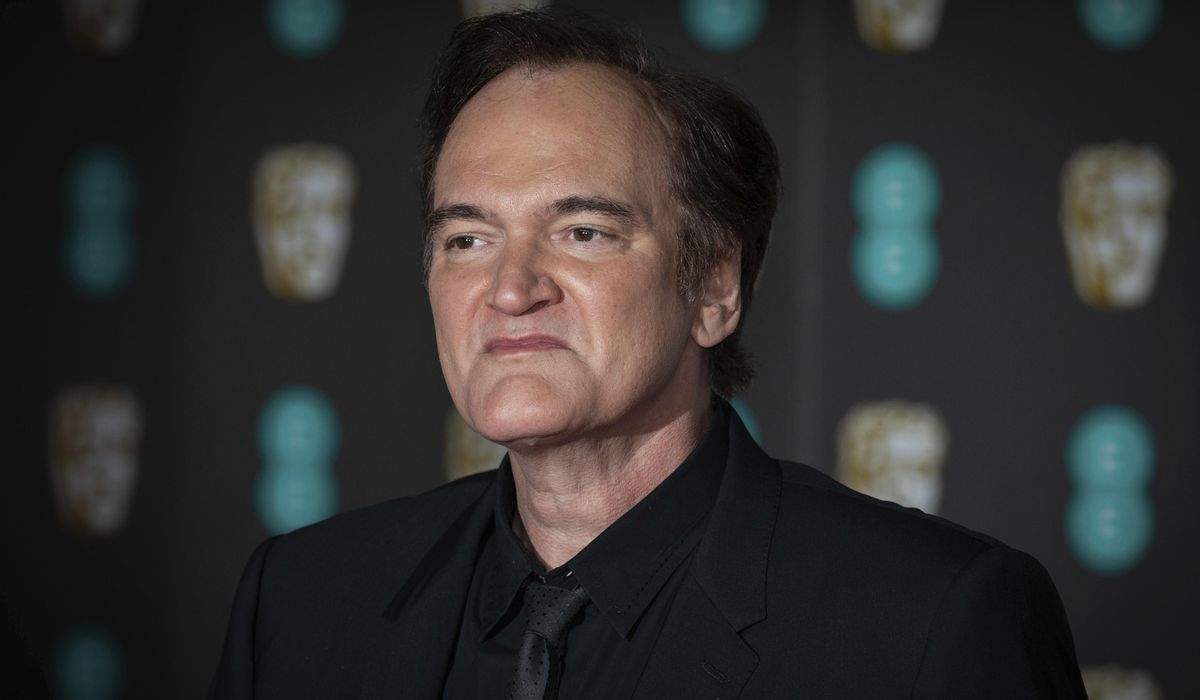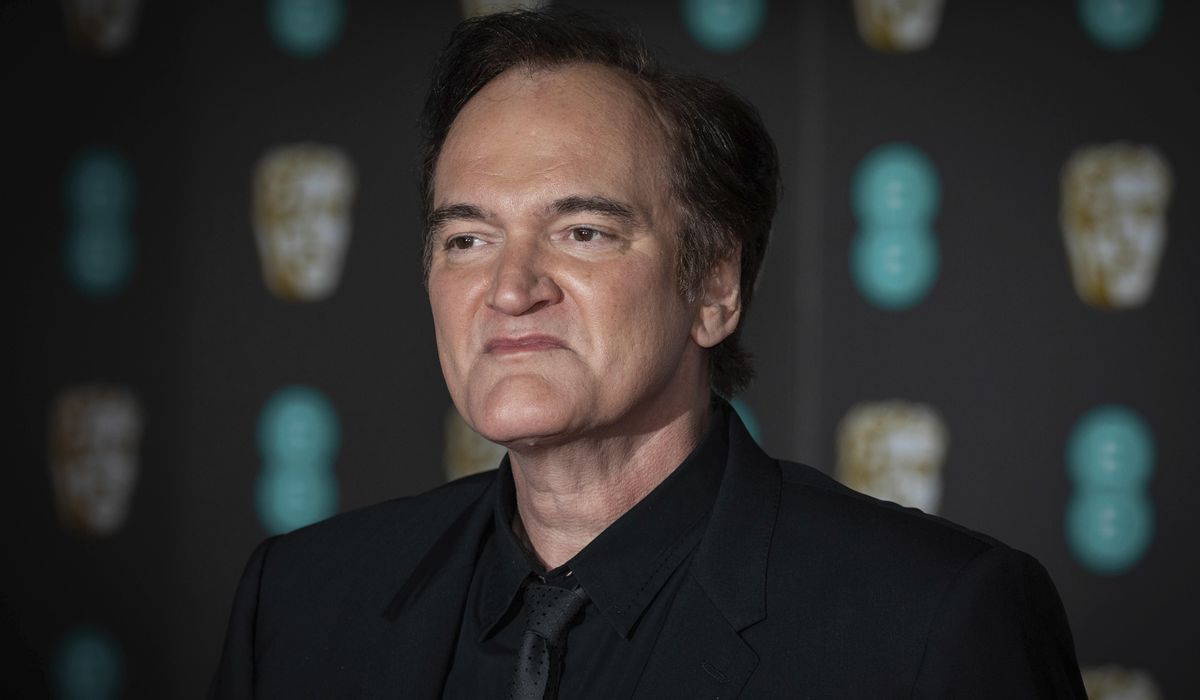
A viral video of a toddler crying about his brother Charlie biting his finger. The first tweet posted on Twitter. Online trading cards depicting NFL tight end Rob Gronkowski winning championships.
This widely visible content has become wildly valuable through the development of non-fungible tokens (NFTs). These unique digital assets give their owners exclusive bragging rights in the digital realm, and they can be artistically pleasing, create financial wealth and unlock membership in select communities.
To help people better understand NFTs, Jennifer Wong and Peter Hamilton are founding the Seattle NFT Museum, which opens its doors on Friday. The museum will display NFT digital artwork on high-resolution screens, which Ms. Wong said will include all original pieces on loan from artists and collectors, not copies from the internet.
“We know that a lot of people would be interested in something like this, where they might not know the right people to follow on Twitter or the right Discords to join where typical NFT conversations happen today, so having a physical space that’s really open and inviting to anyone to be able to stop in and learn more about NFTs is really the goal of having the museum,” Ms. Wong said. “So we really are open to anyone that might have heard about NFTs for the first time yesterday to deep technologists who want to collaborate together.”
An NFT is a digital certificate attached to a real-world item, such as an image or video, that cannot be replicated. It is recorded on a blockchain, or digital ledger. The certificate conveys authenticity and digital ownership. Those property rights do not always apply to their associated items in the physical world, which has prompted debate about the NFTs’ tangible value.
NFT enthusiasts see boundless potential for investors looking to own digital assets and for artists whose work is routinely duplicated and shared online. Skeptics view NFTs as an empty fad ensnaring an extreme online crowd, a pet rock for the 21st century.
Mr. Hamilton said the museum’s retail-type setting already has attracted passersby eager to see what’s inside. The venue has ticketed a near-capacity crowd of approximately 100 people each night for its opening weekend. He said he and Ms. Wong viewed galleries of digital artwork and realized the potential appetite for the experience they aim to create.
“Seeing galleries, the early galleries, start to show NFTs started to make us think that there’s a place for having that kind of experience but focusing it more on education, more on a breadth of different kinds of artwork, and more on inspiration for the community rather than just the commissions or sales of art,” Mr. Hamilton said.
Sales of NFTs have become big business. OpenSea, an NFT marketplace, announced a new funding round this month. Forbes said the company is worth an estimated $13.3 billion, up from $1.5 billion six months ago, and has made its co-founders multibillionaires.
The exploding market for NFTs is buoyed by the wealthy. Marshall Mathers, better known as the rap artist Eminem, acquired a Bored Ape NFT for reportedly several hundred thousand dollars. He now displays a Bored Ape image on his Twitter profile.
Eminem’s Bored Ape avatar signifies that he is part of the exclusive Bored Ape Yacht Club. The NFT of the ape represents membership.
The function of an NFT as a status symbol and an attention-getter has attracted a wide swath of people. The alternative social media platform Parler said it assisted former first lady Melania Trump with the development of her NFT platform.
Scott Jensen, a Republican candidate for governor in Minnesota, created an NFT line for donors, activists and others last year. Congressional candidates also have begun using NFTs.
Not everyone is on board with the NFT craze. Mashable writer Amanda Yeo has branded NFT ownership as the “tech bro equivalent of peeing on a fire hydrant.”
“What are you purchasing, really?” Ms. Yeo wrote last year. “This isn’t like comparing an original oil painting to a print, where the copies are very clearly different to the original. Your tokenized artwork is exactly the same as every copy ever made of it, and every copy yet to be made. You don’t have some unique version only you can enjoy. The only thing you have is bragging rights.”
Where bragging rights end and property rights begin is not always clear. Hollywood director Quentin Tarantino is proceeding with an NFT collection involving his movie “Pulp Fiction” despite a lawsuit for copyright infringement from the film studio Miramax, according to reports.
The debate over NFTs’ value and digital ownership is poised to have lasting effects on the next iteration of the web as companies such as Facebook, which has rebranded as Meta, build augmented and virtual reality products around the concept of a “metaverse” that blends the physical world with one developed by technologists.








